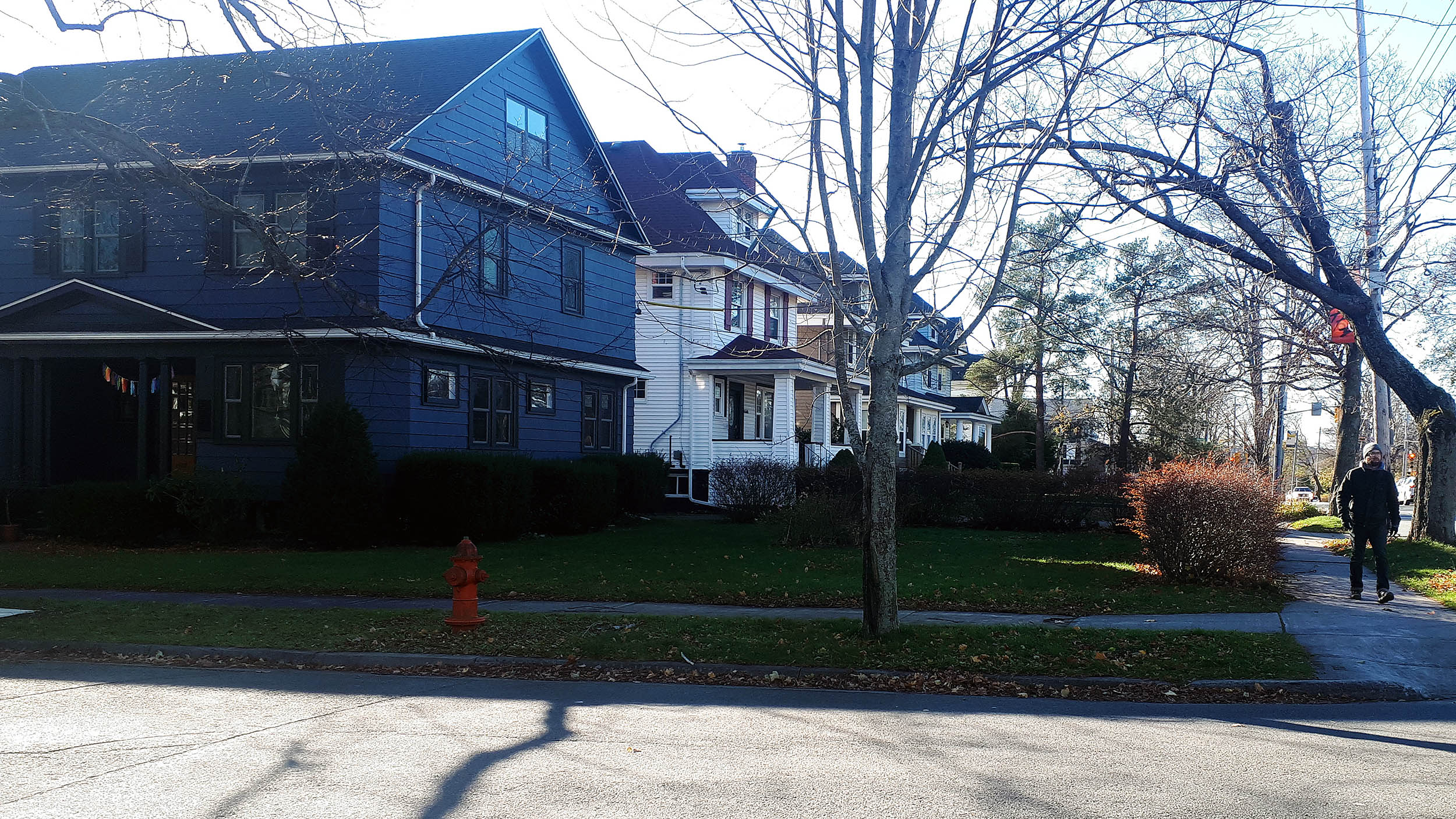Halifax budget preparations to start with 4% property tax bill increase, instead of 8%
Municipal staff say a hike of eight per cent would be needed to reflect rising costs due to inflation

caption
Property taxes were the main topic of discussion during the budget direction meeting on Nov. 25.Halifax regional council has directed staff to build a budget accommodating a four per cent increase to the average property tax bill, despite warnings from staff that anything lower than eight could mean service cuts or higher tax hikes in the future.
Jacques Dubé, chief administrative officer for the Halifax Regional Municipality, recommended an eight per cent hike to keep municipal projects and services continuing as normal. Inflation is making municipal projects more expensive, he noted in a staff report.
At a budget committee meeting Friday, council supported District 6 Coun. Tony Mancini’s amendment to drop that to four per cent.
Mancini acknowledged that this move could result in service cuts, but he said this number was more appropriate given it’s expected to increase during the 2023-24 budgeting process.
“I just feel that four per cent is a much more palatable place to begin that conversation,” he said.
An eight per cent increase would, on average, cost homeowners an additional $173 on their property taxes, while business owners would face a hike of close to $4,000. Property taxes make up 82 per cent of HRM’s revenue.
Chief financial officer Jerry Blackwood warned that even a six per cent hike would postpone property tax increases to the next budgeting year, 2024-25. The first budget draft presented to council considered one-time changes, such as taking money from capital reserves, which Blackwood says would not be sustainable and require a future tax increase.
Tax reduction options “will not set us up for success for moving forward,” Blackwood said in the meeting.
In addition to rising costs due to inflation, HRM administrators anticipate a decrease in revenue from the deed transfer tax by more than eight per cent, or $7 million. The DTT is a tax paid when a property is sold and is calculated based on a home’s sale price.
Councillors discuss options
Mancini said in an interview outside council chambers that some cuts could include a reduction in paving projects. He said that discussions of cuts are tough.
When staff cuts were brought up in the meeting, District 7 Coun. Waye Mason suggested hiring freezes to not fill vacant HRM positions.
Mayor Mike Savage supported Mancini’s motion. He also stressed to councillors to view the four per cent change not as a four per cent cut. He said that the plan still increases property taxes and he wants a budget that can accommodate a smaller hike. He wants more information from staff as to why the eight per cent was deemed necessary.
“We have to hold the line on the tax issue, not to zero or two, but something reasonable,” he said during budget deliberations. “I think we have to take a serious look, at this point in time, and say what are we spending our money on.”
District 13 Coun. Pam Lovelace suggested a reform of the tax system to avoid a hike like this in the future but didn’t say how that could be done.
Mason adjusted Mancini’s amendment to clarify that the four per cent reduction would be accompanied by one-time expenses, followed by future adjustments to the operating budget. The goal is to try to reduce the risk of property taxes increasing by eight or nine per cent in 2024.
District 2 Coun. David Hendsbee and Deputy Mayor Sam Austin voted against the motion to go from eight per cent to four per cent.
Austin said the reduction would lead the city into austerity. He voted for the amended motion but later clarified that he meant to reject it.
Jay Goldberg, interim Atlantic director of the Canadian Taxpayers Federation, sees the reduction as a step in the right direction but still a problem, especially for low-income families and seniors on fixed incomes.
“[Four per cent] is still hard to handle since people are still struggling with inflation,” he said in an interview.
This isn’t the end of 2023-24 budget discussions or the conversation around property taxes. The budget process will continue until the beginning of April.
About the author
Angela Capobianco
Angela Capobianco (she/her) is a Halifax-born journalist. She has a Master's degree in history from Queen's University and hopes to use her skills...

C
Concerned